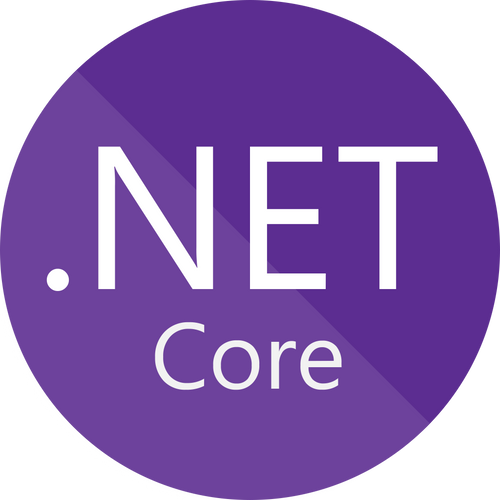In the realm of modern software development, data integrity is paramount. One common piece of data that requires meticulous validation is email addresses. In this comprehensive guide, we will explore the world of email validation in .NET Core. Whether you're a seasoned developer or just starting your journey with .NET Core, you'll find valuable insights and best practices to ensure data accuracy and security.
Understanding Email Validation
Before we dive into the intricacies of email validation in .NET Core, let's start with the basics. Email validation is the process of ensuring that an email address adheres to specific rules and criteria to verify its authenticity. This step is crucial to prevent invalid or malicious data from entering your application.
1. Why is Email Validation Important?
Email addresses are a common entry point for cyberattacks like SQL injection and cross-site scripting (XSS). Validating email addresses helps protect your application from vulnerabilities.
Accurate email validation enhances user experience by preventing typos and ensuring users receive vital communication.
2. Common Email Validation Rules
- Some common email validation rules include checking for the presence of "@" and "." characters, as well as verifying domain existence.
Built-in Email Validation in .NET Core
.NET Core provides developers with a robust set of tools and libraries to implement email validation effectively. Here are some built-in methods for email validation:
1. Data Annotations
- .NET Core offers data annotations like
[EmailAddress]to decorate model properties. These annotations automatically validate email addresses when models are bound to HTTP requests.
2. Regular Expressions
- Developers can use regular expressions to create custom email validation patterns that suit their specific requirements.
3. Third-Party Libraries
- There are several third-party libraries, such as FluentValidation, that provide advanced email validation features and customization options.
Implementing Email Validation in .NET Core
Now, let's delve into the practical steps of implementing email validation in .NET Core applications:
1. Data Annotation Approach
- We will start by exploring the
[EmailAddress]data annotation and how to apply it to model properties for automatic validation.
2. Custom Validation Using Regular Expressions
- For more granular control, we will create custom email validation using regular expressions tailored to our specific needs.
3. Utilizing Third-Party Libraries
- We will explore how third-party libraries like FluentValidation can simplify and enhance the email validation process.
Best Practices for Email Validation
To ensure robust email validation in .NET Core, follow these best practices:
1. Avoid Overly Complex Regular Expressions
- While regular expressions are powerful, overly complex patterns can lead to performance issues. Keep your patterns efficient.
2. Test Extensively
- Rigorous testing is crucial to identify and rectify any validation issues. Consider using unit tests to validate your validation logic.
3. Keep Abreast of Updates
- Stay updated with the latest .NET Core versions and libraries. Periodic updates can help address security vulnerabilities and improve validation capabilities.
Frequently Asked Questions
Let's address some frequently asked questions regarding email validation in .NET Core:
Q1: Can I use built-in email validation for ASP.NET Core MVC applications?
- Yes, .NET Core provides built-in email validation attributes that are compatible with ASP.NET Core MVC.
Q2: Are third-party libraries like FluentValidation easy to integrate into .NET Core projects?
- Yes, most third-party libraries offer straightforward integration into .NET Core projects through NuGet packages.
Q3: Can email validation prevent all types of cyberattacks?
- While email validation is essential for security, it is just one aspect of a broader security strategy. Other measures, like input validation and proper authentication, are also crucial.
Conclusion
Email validation is a fundamental aspect of maintaining data integrity and security in .NET Core applications. By understanding the tools, libraries, and best practices discussed in this guide, you can implement robust email validation processes that protect your application from vulnerabilities and ensure a seamless user experience.



